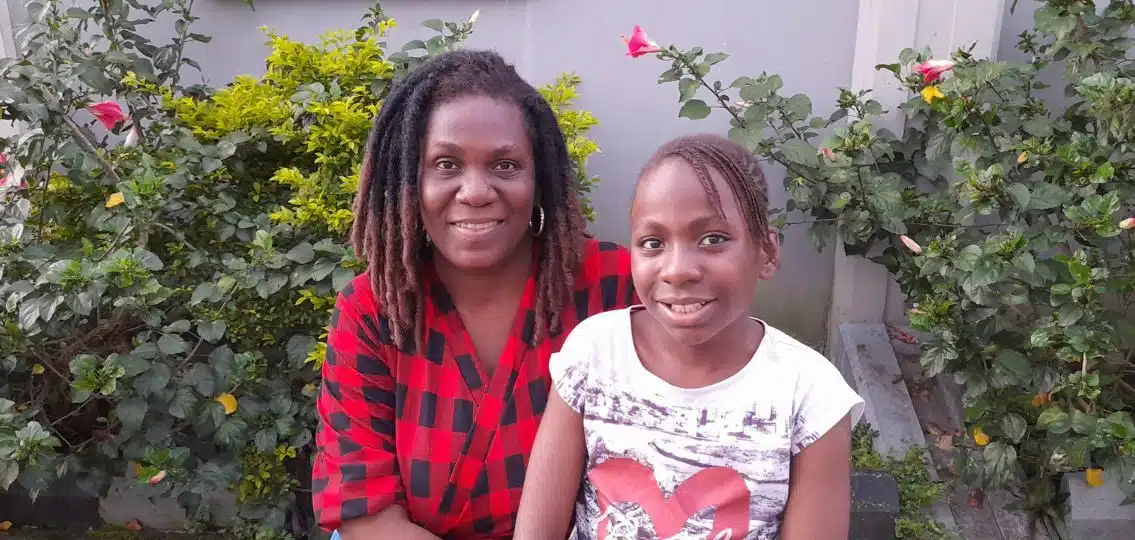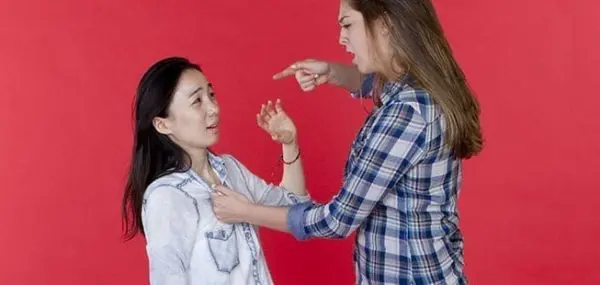Not long ago, my normally chatty preteen daughter became distant, appearing lost and sad. Sometimes she asked, “Mum, what would you do if someone who is your friend says …” But then she trailed off and wouldn’t continue, no matter how much I probed.
One day, she came home from school especially dejected. Again, I asked what the problem was. Finally, she revealed what had been going on at school. She told me that one of her friends interrupted class to make fun of her for not being as tall as her peers, then her classmates burst into laughter.
She also shared that this same friend would often go hot and cold on her. Sometimes she’d want to be friends, other times she told my daughter they couldn’t be friends because my daughter refused to give her something that she requested. She tried to manipulate my daughter into submission with cruel words, and sometimes physical abuse.
I couldn’t understand, why would someone who was supposed to be my daughter’s friend torment her? Why didn’t any of my daughter’s classmates stand up for her? Why didn’t the teacher do anything to stop it? My daughter didn’t know how to deal with bullies. Discovering she suffered through all this alone broke my heart.
I pulled my daughter close to comfort her. Then I shared that I understood how she felt because I had been bullied, too.
What Makes a Good Friend
This bully was taking advantage of my daughter’s desperate desire to maintain their friendship. So, we talked about what makes someone a good friend.
I shared certain things to consider before investing in a friendship. A good friend must not put you down or belittle you. They must be loyal, empathic, caring, and dependable. They should love you unconditionally, even when you disagree.
When we measured her classmate/friend/bully against those criteria, my daughter realized the girl wasn’t being a good friend.
When I told my daughter she doesn’t have to be friends with everybody and that it’s okay to kick people out of her life if they treat her poorly, she decided she didn’t want to remain friends.
Dealing with Bullying in School
We also talked about school bullies, and I let her in on a secret. Bullies are cowards, and the only power they have over us is the power we give them. I told her that if she stands up to her classmate with a firm stance, uses her voice without quavering, and maintains eye contact, the bully will most likely back down. Do this enough times, and the bully will lose her power and then fade out of her life.
My daughter took all that ‘standing up to bullies’ knowledge with her to school. Meanwhile, I made myself more available at home so she could lean on me for support and affection while she tried to make the right kind of friends.
She came back from school a few weeks later, excited and bubbly in spirit because she had finally stood up to her bully and told her to stay away. She couldn’t stop laughing as she described the look of surprise on her “friend’s” face when she ended their friendship. I was so happy and incredibly proud of my girl for gathering the courage to stand up for herself.
But this story might not end here. I told my daughter that if this girl wants to be friends again, and she’s truly repentant for what she’s done, it’s okay to take her back as long as she (my daughter) feels strong enough to never lets this girl (or anyone else) put her down again. When my daughter asked why it would be okay to resume their relationship, I explained simply, “Reformed bullies need friends, too.”




